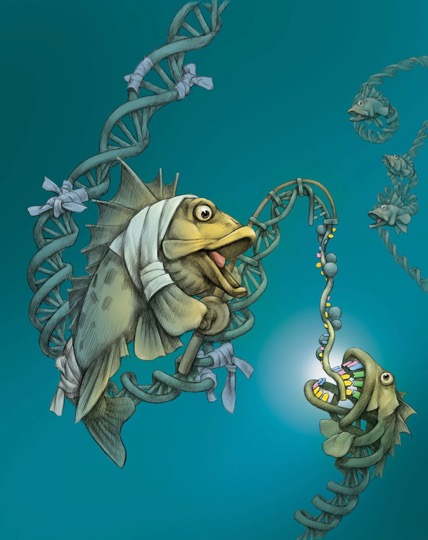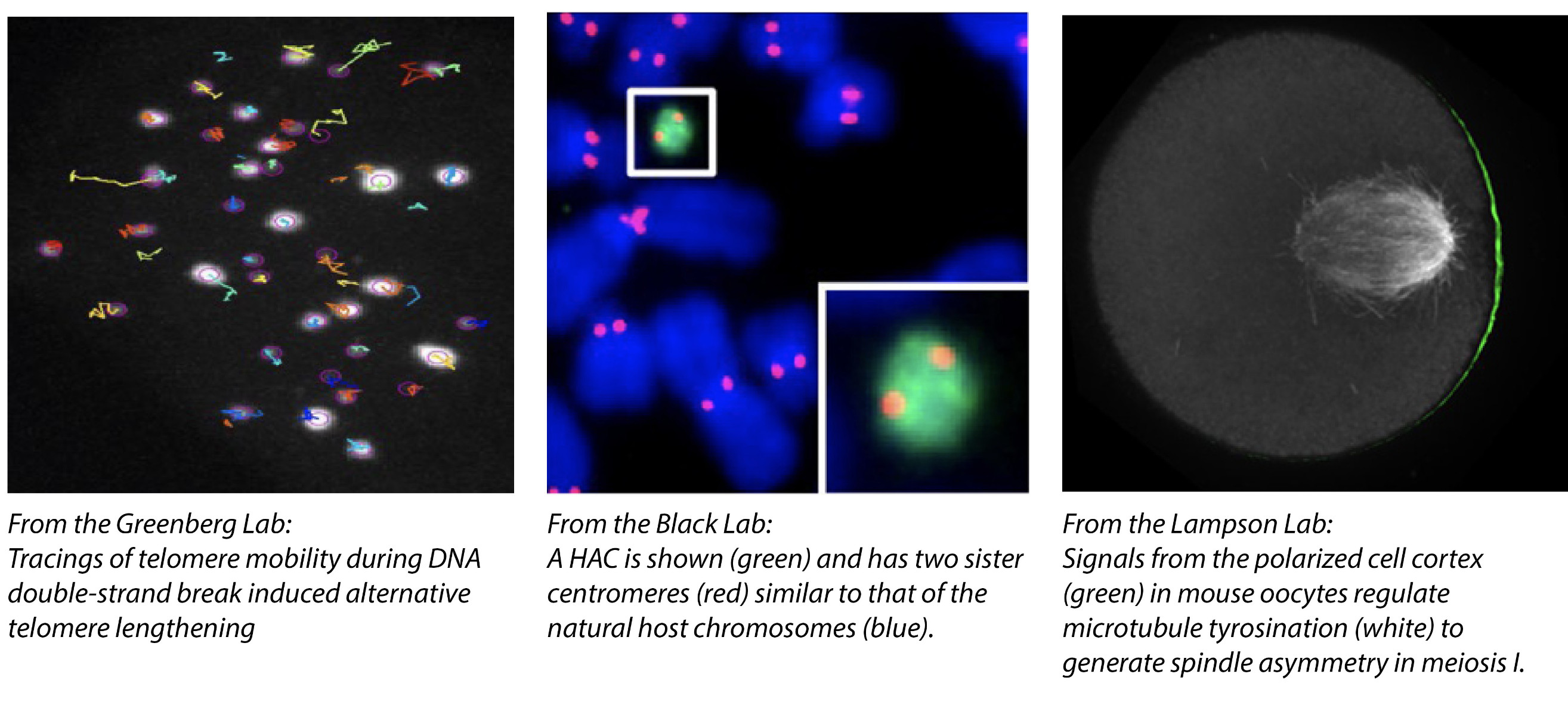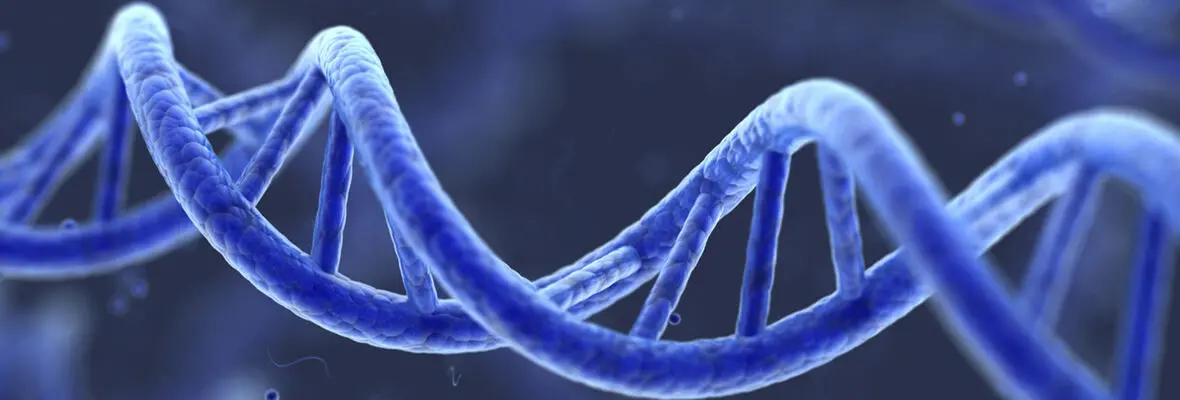Our Mission
 To respond proactively to a rapidly evolving scientific landscape, Penn investigators working in the areas of DNA repair and cell cycle joined forces with groups interested in immune signaling, virology, tumor detection/targeting, and hematopoietic stem cells to form the Penn Center for Genome Integrity (PCGI). The overarching mission of this Center is to integrate cutting-edge research in basic and clinical sciences from several key disciplines in order to advance our fundamental understanding of genome integrity and its contributions to human biology. Central to our vision is a mechanism to nucleate outstanding investigators with diverse areas of scientific and clinical expertise across the Penn campus. This should increase cohesion among basic science investigators that would otherwise not frequently interact and promote the development of multi-investigator grants, shared resources, and translation of basic science into the clinic. All of this will promulgate an area of existing excellence at Penn, with the vision of becoming recognized as a world-class center for genome integrity research within the coming years.
To respond proactively to a rapidly evolving scientific landscape, Penn investigators working in the areas of DNA repair and cell cycle joined forces with groups interested in immune signaling, virology, tumor detection/targeting, and hematopoietic stem cells to form the Penn Center for Genome Integrity (PCGI). The overarching mission of this Center is to integrate cutting-edge research in basic and clinical sciences from several key disciplines in order to advance our fundamental understanding of genome integrity and its contributions to human biology. Central to our vision is a mechanism to nucleate outstanding investigators with diverse areas of scientific and clinical expertise across the Penn campus. This should increase cohesion among basic science investigators that would otherwise not frequently interact and promote the development of multi-investigator grants, shared resources, and translation of basic science into the clinic. All of this will promulgate an area of existing excellence at Penn, with the vision of becoming recognized as a world-class center for genome integrity research within the coming years.
Scientific Priorities
Dr. Roger Greenberg and co-Director Dr. Ben Black have identified six scientific priority areas that would distinguish the PCGI from related programs at other institutions. These key focus areas include (1) DNA repair, (2) mitotic fidelity, (3) cell cycle control, (4) chromosome biology, (5) immunologic signal transduction and (6) stem cell biology. While the primary mission of this program is fundamental discovery, integration across disciplines coupled with the inclusion of clinical investigators will facilitate translation of basic science advances in cancer, aging, bone marrow failure, autoimmune disease, and host response to pathogens. We have thus constructed provocative questions at the interface of these disciplines as a guiding principle for the Center's research.



